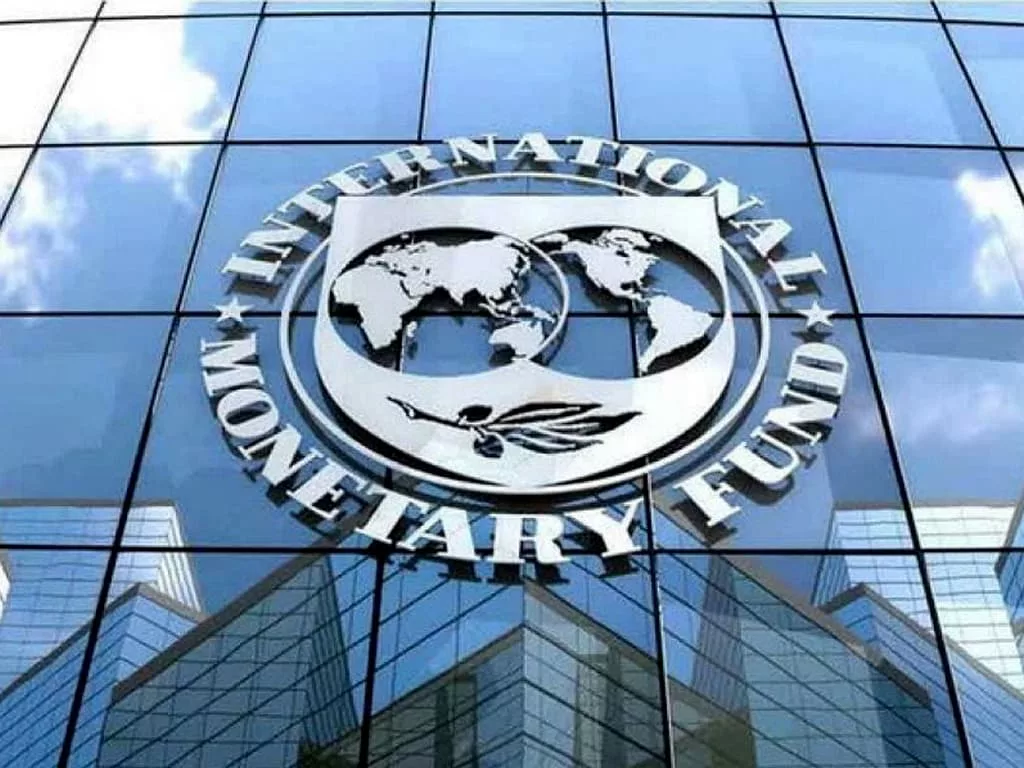In a stark assessment of Nigeria’s economic outlook, the International Monetary Fund (IMF) has issued a dire warning, predicting that the nation’s inflation rate could skyrocket to an unprecedented 44 per cent.
This grim forecast is contingent upon the Central Bank of Nigeria (CBN) failing to implement significant monetary policy tightening measures.
The IMF‘s cautionary stance comes amidst ongoing pressures on the Nigerian currency, exacerbated by the looming specter of adverse climate conditions expected to hit the country in 2024. If left unchecked, these factors could trigger a series of events leading to profound disruptions in Nigeria’s economic stability.
The IMF’s report outlines a troubling scenario where insufficient monetary tightening, coupled with persistent pressure on the naira and adverse climate shocks, could severely impact Nigeria’s economy. Under this scenario, the IMF projects a potential 35 per cent depreciation of the naira in 2024, further exacerbating inflationary pressures.
Highlighting the gravity of the situation, the IMF stated,”An adverse scenario of an inflation-depreciation spiral combined with a climate shock would increase risks to Nigeria’s capacity to repay the Fund.”
The IMF presented a downside scenario to Nigerian authorities, underscoring the urgent need for decisive action. This scenario envisions a failure to adequately tighten monetary policy, ongoing pressure on the naira, and the occurrence of another adverse climate shock in early 2024, exacerbating existing weaknesses in agriculture and leading to output declines and surges in food prices.
Despite the challenges ahead, the IMF remains cautiously optimistic about Nigeria’s ability to repay its debt to the Fund, provided that external debt service remains a top priority.
However, rising humanitarian concerns, including poverty and food insecurity, pose significant threats to Nigeria’s repayment capacity, necessitating difficult trade-offs.
Meanwhile, the Nigerian Naira faced a significant decline against the US Dollar, closing the week at an alarming rate of N1,537.96/$1.
Persistent demand pressures and a dramatic 74 per cent drop in forex turnover to $84.10 million contributed to the erosion of the currency’s value, casting a shadow over the nation’s economic stability.
Adding to Nigeria’s economic woes, the National Bureau of Statistics reported a substantial surge in inflation to 29.90 per cent for January 2024, underscoring the persistent inflationary pressures plaguing the economy.
Despite the CBN‘s efforts to stabilize the currency through various foreign exchange policies and tightening monetary measures, the broad money supply in the country soared to a record N78.74 trillion as of December 2023, signaling potential further inflationary pressures.
The spotlight is now on the CBN’s upcoming Monetary Policy Committee meeting, where Governor Yemi Cardoso is expected to outline the central bank’s stance on interest rate hikes and its strategy to combat rising inflation. However, Governor Cardoso’s policy direction may clash with President Bola Tinubu’s intention to lower interest rates, potentially sparking a policy conflict at a critical juncture for Nigeria’s economy.





